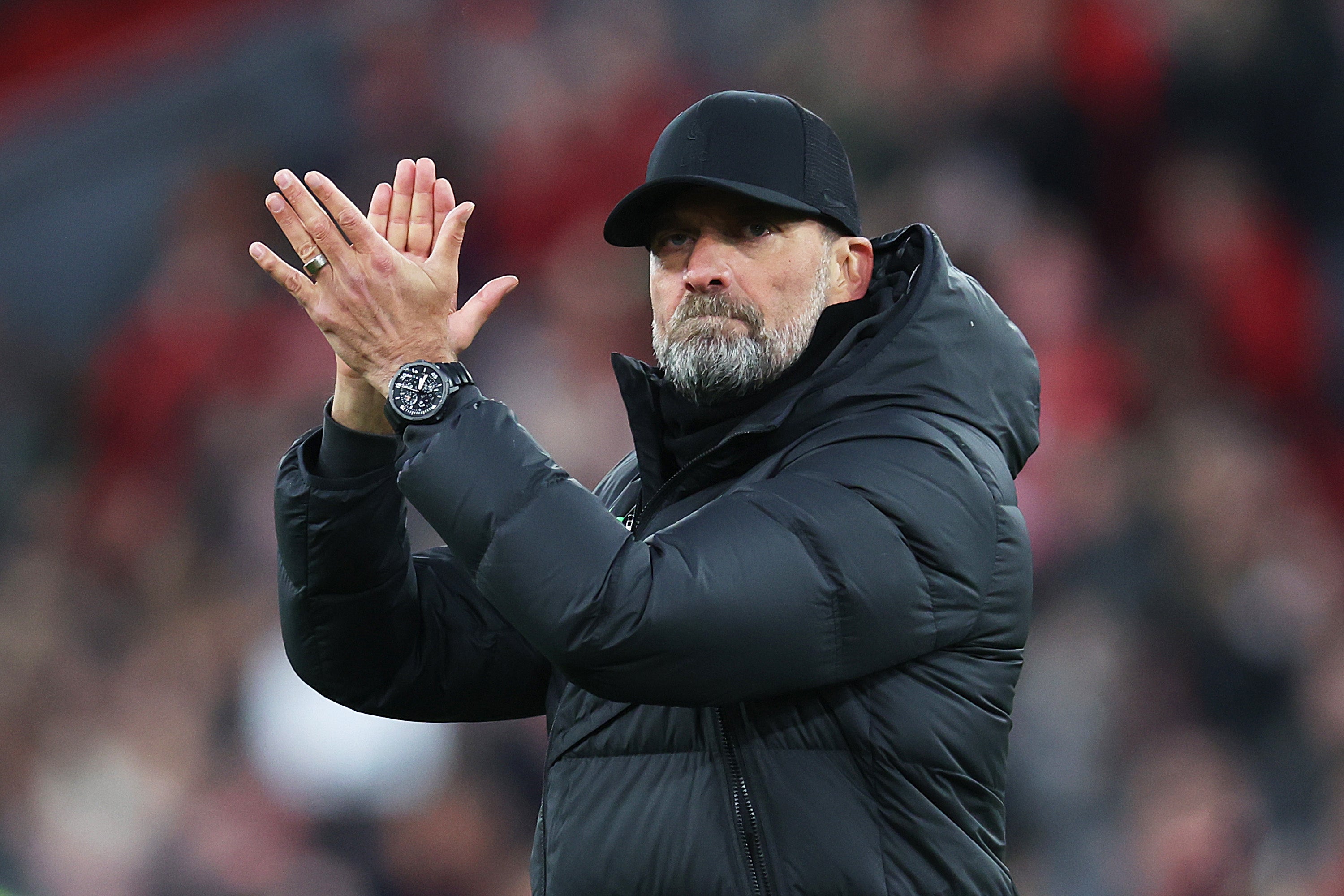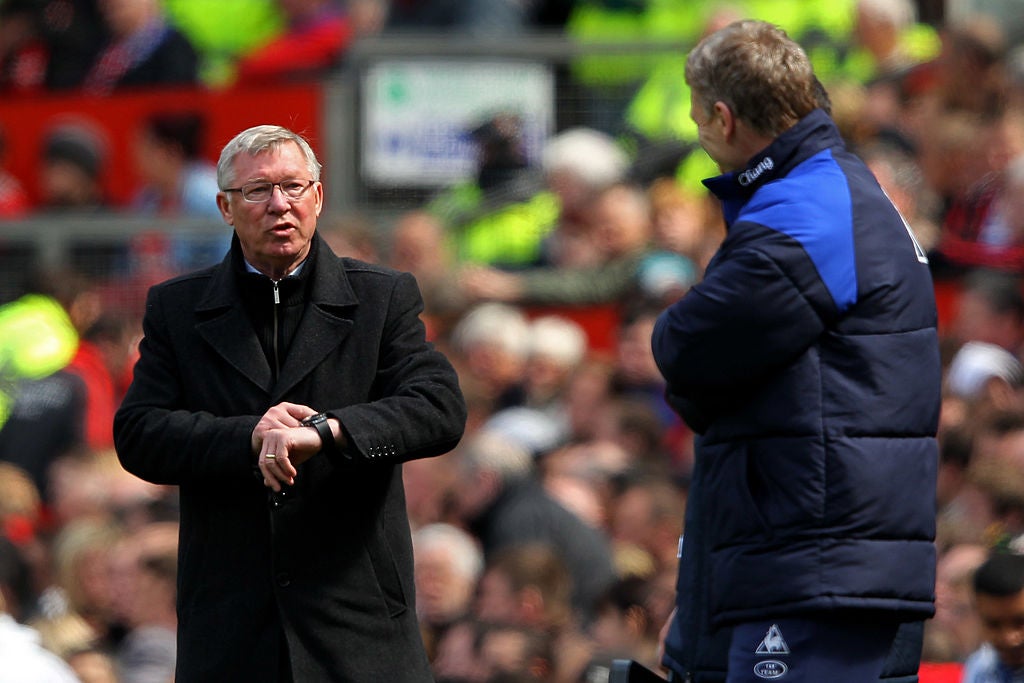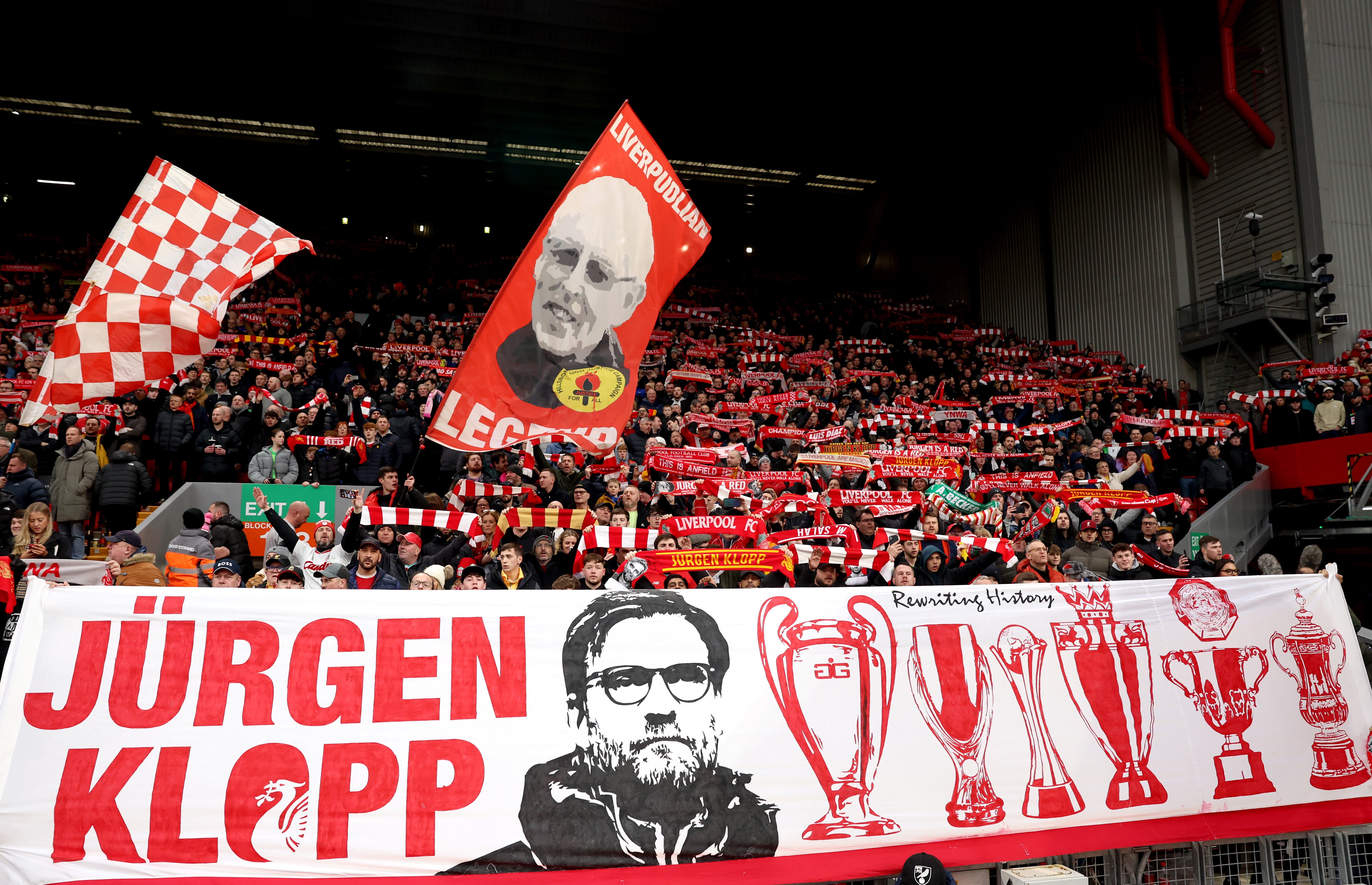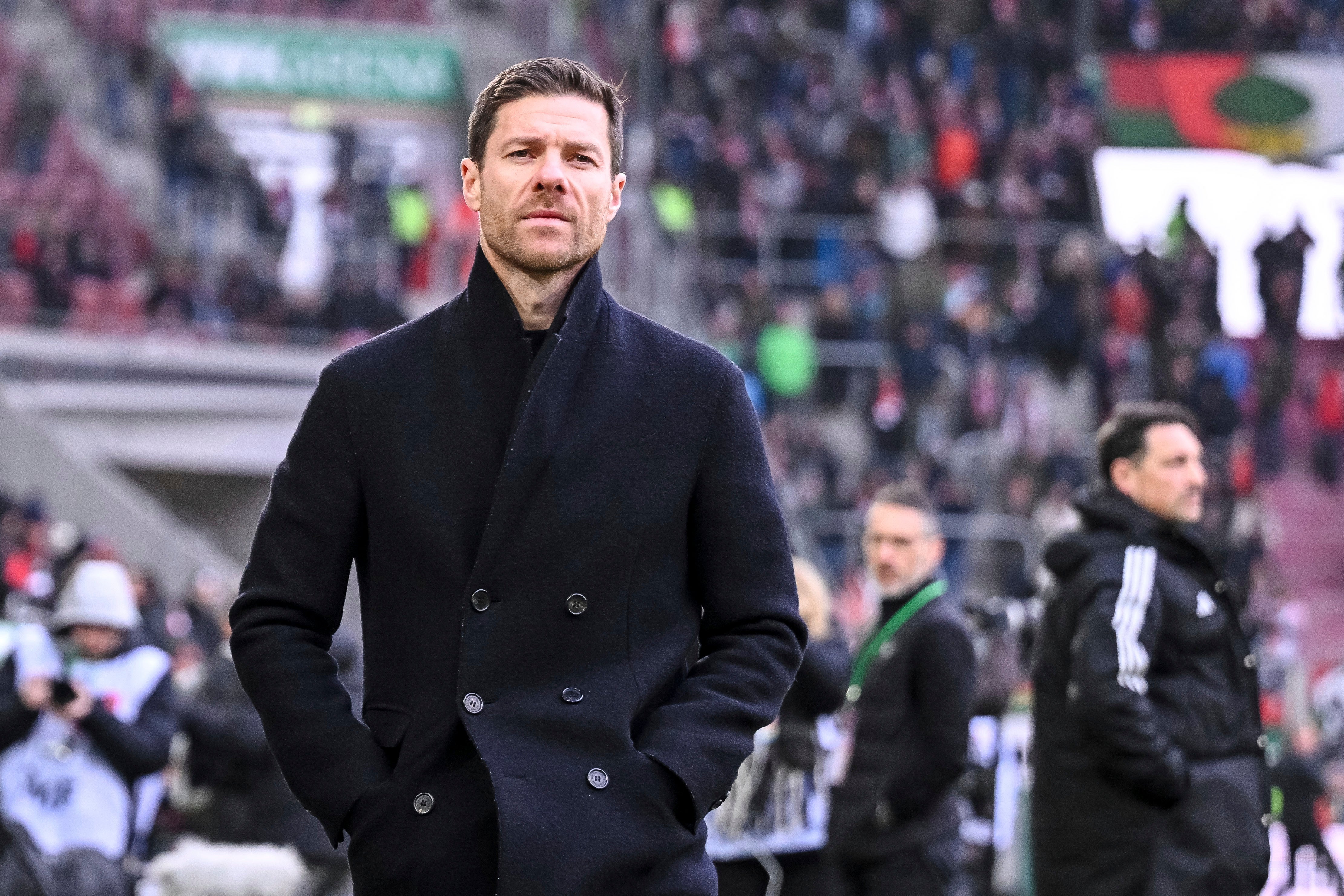It’s impossible to replace Jurgen Klopp – so here’s what Liverpool must do
No manager in the world can possibly come close to being the type of figurehead Klopp is at Anfield, so Liverpool’s best solution is to lessen the importance of a manager, writes Miguel Delaney
As Jurgen Klopp’s long goodbye begins, many of Liverpool’s rivals have wasted no time in trying to take advantage. Overtures have been made to representatives of key players. Some prospective employers have even tried to sound out Klopp himself.
It all fosters an uncertainty as the German tries to get this new team to focus on one big last push under him - but it’s nothing like what’s to come. Liverpool are about to go through as uncertain a period as a club can possibly have, other than having their financial future threatened.
Wednesday’s opponents, Chelsea, would be able to tell them about that but there could well be other lessons from the London club’s recent history. Much of it, admittedly, might be about what not to do with prospective coaches.
Chelsea for a long time went to the other extreme and eschewed long-term managers, meaning they avoided what Liverpool are about to go through: the Anfield club aren’t just losing a manager. They’re losing part of their contemporary identity.
It's why these transitions are so jarring, beyond even the logistics of how most at the club ends up being built up towards one man.
That man becomes the face of the club, and conditions its mindset. A personality as large as Klopp is obviously going to make that even more pronounced. Liverpool weren't just Liverpool in the sense of that storied history and distinctive romantic identity. They were all of that as Klopp's Liverpool. Tradition was married with the most modern, abrasive football, and the manager's beaming smile - not to mention occasional fury.

It’s why, for all that so many of these boardrooms have spoken about succession plans, they’re really almost impossible. Virtually every club that has gone through this has struggled. Manchester United had it twice, with Sir Matt Busby and Sir Alex Ferguson, and so much has been made about how they’re still feeling the effects. Nottingham Forest had it with Brian Clough. Arsenal had it with Arsene Wenger, and only started to get over it when they began to undo many of the plans they had in place for his departure. That illustrated how the issue was almost that, no matter what a club think they can do, they won’t really know until they go through it because much of this is psychological.
It’s not just the staff changing. The psychological architecture of the club changes.

Liverpool are of course one of the clubs that have handled these successions better than most. Footage has naturally done the rounds in recent days of Tony Wilson going around the city telling shocked fans that Bill Shankly had resigned, but those same supporters would have been gleefully surprised at how Bob Paisley took him to the next level, before Joe Fagan stepped in to keep them at the top of Europe. Kenny Dalglish’s success then showed that the Boot Room was really a proto version of a modern technical department. There’s still an element of fortune about that, too.
A factor that is of course making Klopp’s resignation all the more arduous for Liverpool is that he genuinely was the saviour, after almost three decades of waiting. This was the one they'd waited for. The club and fans knew they'd got it right, and naturally felt it would go on for some time given the German’s relatively young age. That has now been taken away long before anyone would have expected.
The very fact such emotions are being felt - fans talking about being in mourning - feeds into a more specific football point.
You can’t directly replace Klopp. Even if you got the best manager in the world, a properly charismatic figure who can carry a big club, it’s still not the same due to the lingering emotional connection. The more practical problem is that no one of that profile is actually available.

As such, Liverpool shouldn’t bother to try and directly replace Klopp. They should reshape.
It’s a bit like when a great player leaves. Their careers get to a point where they become so singular that nobody can possibly offer the same qualities. The best solution consequently becomes to change the tactics so you don’t need to directly replace the individual. That means that what you’ve lost isn’t as visible, and there’s also a different direction.
Since no one can possibly come close to being the type of figurehead Klopp was, their best solution is to actually lessen the importance of a manager. Go back to a more interchangeable head coach, and strengthen the influence of the technical staff. It would actually be a restoration of a more modern approach, since Klopp became an old-fashioned all-encompassing manager.
That sort of system could even insulate a developing coach - like, say, Xabi Alonso - until he is at the point where he can take even more control. That is exactly what has happened with Mikel Arteta at Arsenal.

If it still feels like it’s too soon for Alonso given he has only been a manager for a few months, this overhauled system might even make sense for a candidate like Roberto De Zerbi. It just wouldn’t put the weight of succeeding Klopp in such a massive job on the Italian in the same way.
Klopp’s own evolution in the job may even play into this. It’s not exactly a secret that there was upheaval behind the scenes in the last 18 months, as the German was afforded even more power.
While part of that was to do with Klopp’s personality, it’s also what inevitably happens the more ensconced a manager gets. The club becomes shaped around him, especially when they have the impact that Klopp did.
It would obviously be a mistake to thrust a new manager into anything close to that.
It’s all the more reason to go a different direction.
Klopp can’t be directly replaced. So reshape. A bit more fluidity to the structure might even remove some of the uncertainty.
Join our commenting forum
Join thought-provoking conversations, follow other Independent readers and see their replies
Comments
Bookmark popover
Removed from bookmarks